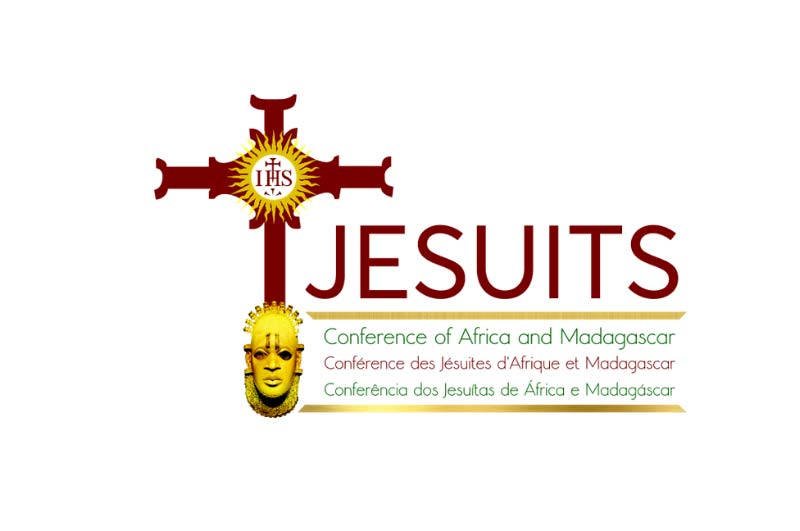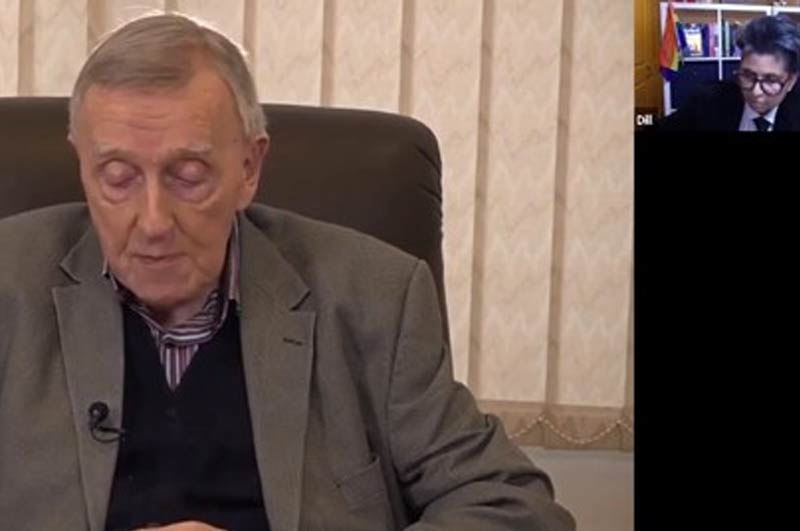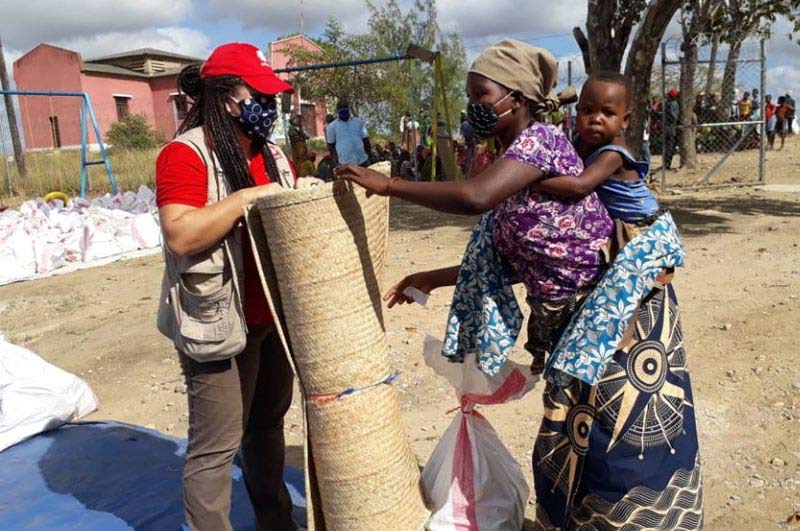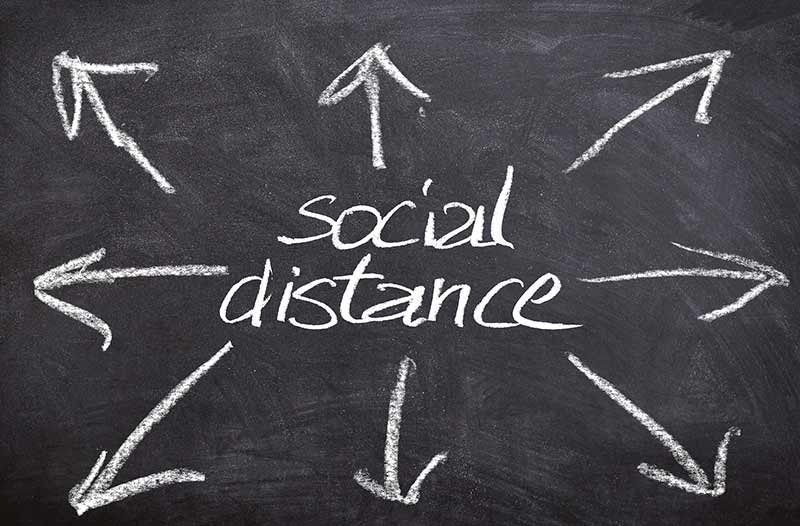


The outbreak of the Corona virus (COVID-19) has etched its mark in human history and people’s lives in a relatively short time. It is crisis like no other and its interlinked health, social and economic effects have brought life to a stop,1 with a lot of uncertainty about the future. The ensuing crisis has challenged the foundations of the complex social, economic and political systems that humans have long developed. It is sure to leave deep scars on these systems for years to come. In the developing African countries, this will add to the crises already inflicted by fragility, poverty and conflicts.2 The outbreak of the Corona virus is an additional affront to the Sustainable Development Goals (SDGs) that target a better world, leaving no one behind.
Governments have taken various preventive and response measures to address the COVID-19 emergency. These range from strengthening the health care systems, to social protection interventions - especially for the vulnerable, and strategies for the countries to recover from the social and economic impact. Cash transfer schemes, unemployment insurances, subsidies for maintaining employment, interest rate reduction by central banks,3 and distribution of other in-kind items have been done in 133 of the 1934 countries globally, with an estimated cumulative cost of about US$ 8 trillion.5
In Africa, one immediate government intervention in many countries has been to waive, reduce or defer tax payments.6 Kenya’s government, for instance, reduced the s corporate income and personal income tax rates as part of the measures to protect the incomes of the poor.7 In sub-Saharan Africa, this has another side of losing the much-needed revenue, as the COVID-19 induced losses are expected to be between $37 billion and $79,8 of the total global income loss of about US$ 220 billion.9
To fill the revenue gaps, governments are now borrowing from donors. The IMF has readily given part of its US$1 trillion available for the COVID-19 response in loans to African countries like Rwanda, Madagascar, Togo,10 Comoros, Cabo Verde, the Democratic Republic of the Congo, Mauritania, São Tomé and Príncipe and Nigeria.11 Apart from this, the African countries are also likely to borrow from the World Bank’s $160 billion emergency loan package, or the African Development Bank’s $3 billion social bond.12 One can only hope that these borrowed resources address the immediate and long-term impact of the crisis.
The Outlook in Africa In spite of these good initiatives by several African, several factors pose challenges to their success. Urban congestion in the informal settlements, poor access to safe water and sanitation facilities, and fragile health systems, make the efforts go to the drains. Securing funding for the COVID-19 response is not, therefore, the only solution. Africa’s workers in the informal sector need protection and build capacity for future economic resilience.
The post COVID-19 period is expected to see large public sector debts and budget deficits that need to be addressed with more revenue.13 Borrowing by governments to fund the COVID-19 interventions will surely increase public (countries’) debts that every citizen has to pay, somehow. Yet many African countries already face, mounting debt problems. Right now, the debts are also limiting the scale of what governments can do to fight the COVID-19 crisis. Terms of debt relief promises still get set by the creditors, and may not work for the African countries in urgent need.14
Economic progress (growth) in Africa is forecast to fall sharply from the positive trend of 2.4% in 2019 to the negative trend between -2.1 to -5.1% in 2020. The real value of production in the West African Economic and Monetary Union and the East African Community, which have been making good progress in economic activities the recent past, is expected to fall in 2020. The three largest economies – Nigeria, Angola, and South Africa— some of which export oil, will also be hard-hit.
The COVID-19 crisis has already worsened the food security crisis in Africa, because agricultural production has been affected by the lockdown. Food importation has declined and is expected to decline further (between 13% and 25%). Farmers are also limited in their access to markets to sell food or buy inputs. Earlier severe droughts and later cyclones in Mozambique, Zimbabwe, and Malawi, have left farmers recovering. Recent desert locust invasion and floods in parts of Kenya, Somalia, Ethiopia and Uganda added to the food security crisis.
Africa has relentlessly been afflicted by lethal diseases like malaria, tuberculosis HIV/AIDS. The COVID-19 pandemic has only further worsened the health situation these prolific diseases have for long tormented. The lockdown has hampered the delivery of insecticide-treated nets and access to antimalarial medicines, with an estimated death toll of more than 760,000 persons in 202015 on the continent.
In view of all these, the choice to grant tax relief and the need for revenue to sustain social protection programmes due to COVID-19 is a hard one.16 Policymakers need to find ways to keep the delicate balance between the diminishing or lack of funds and high government debt on the one hand, with the need to respond17 to the COVID-19 pandemic and many other crises. Besides, the tax relief is likely to benefit the rich and middle class and not necessarily the majority masses, with cases like only 12% of the population of Kenya and less than 3% of Rwanda being able to pay personal income tax. Corporate tax reductions will also benefit businesses. The resulting reduced revenue collection may, therefore, lead to reduced public spending targeting the majority poor.18 Yet taxes are now one sure source of revenue in the current circumstances of reduced economic activity.
The Challenge of Centralised Planning The need for quick, decisive action to respond to the Coronavirus pandemic has shifted planning to the central government, leading to more government involvement with pros and cons. Though good for a united front, refined planning and common action, it has also led to loopholes, errors of omission and commission especially in resource mobilisation and use. In Uganda, central government officials have been implicated in a food-for-the-vulnerable procurement scandal,19 while the Ugandan legislators controversially voted 10 billion Shillings from the national treasury for COVID expenditures.20 The emergency nature of the intervention, makes it prone to corruption in procurement, pilfering of available supplies and resale for personal gain, price rouging, substandard products have occurred,21 infringing on the resources allocated.
Overcentralising the COVID-19 interventions is likely to exacerbate the already existing inequalities, yet resource mobilisation and allocation continues in the same old ways that have created these inequalities in the first place. Reduced resource mobilisation and mismanagement resulted into failure to invest in the eradication of extreme poverty and in the creation of economic and social safety nets for the most vulnerable.22 Overcentralisation of the planning of the response, has continued these trends to a good extent.
What has been the role of individuals, smaller community groups, private businesses and civil society organisations (CSOs) in addressing the effects of the COVID-19 crisis? Centralised interventions have offered little or no room for deliberate participation of these sectors in the management of the COVID-19 crisis,23 yet capacity exists. The virus affects individuals and impacts more directly on the communities. The required preventive behaviour change needs to happen in the communities. Participation of individuals and community groups in disseminating information, identifying the problems and remedies, distributing relief and designing appropriate referral systems, can help to more effectively mobilise and use resources to best meet needs. Engaging lower community structures and civil society organizations, helps to reconcile health imperatives (protective and preventive actions and containment) with economic, cultural and social realities to avoid sinking deeper into the crisis. It also leverages the existing capacities to cope and recover, while identifying the real critical needs in each community as a microcosm of the state but also with its peculiarities.
There is need for principled and structured partnerships between the state (central government) and non-state actors. This is very crucial in handling a crisis of this nature that invades all aspects of the human society. Governments should, therefore, incorporate other actors and sectors to tap on their expertise and additional resources to respond to and prevent the impact of the Coronavirus, while avoiding some of the existent mistakes of centralized planning.
Finding Solutions and Lessons for the Future The broad spectrum of the impact of COVID-19 calls for interventions of similar magnitude, for the immediate and long term. Measures like health insurance and social security funds, as well as for poverty eradication and inequality reduction are required. Resources should be available for these and also be managed well so that they are available for the immediate and long-term interventions.
Africa’s need for resources has increased and become even more urgent. Hopes of obtaining adequate support from other countries are limited. More options for domestic resource mobilisation should be examined, making taxes a plausible option, contrary to the current tax relief measures. The impact of the Coronavirus provides a more cogent case for taxing wealth, instead of tax relief. Africa’s taxable sectors are not adequately taxed by the formal tax systems. Personal income tax accounts for only 2% of the GDP and property taxes only contribute to 0.4% of GDP in African countries, yet property markets in Africa are booming. And when the rich fail to pay their fair share of taxes, the poor invisibly bear the costs through user fees and contributions. However, with some rich individuals and societies across Africa already contributing to support the Covid-19 response, a good foundation for wealth taxation exists, initially for ‘solidarity’ due to a moral imperative based on the ability to pay. In the long-run, such subsidiary initiatives can constitute the basis for taxes that can address other pre-existing development challenges and debts.24
Subsidiarity as the Catholic Church Teaches The Catholic Church teaches that governments should perform their roles according to the principle of subsidiarity. This argues that the functions of government should be performed at the lowest level possible, as long as they can be performed adequately. A higher level of government should only intervene to provide help if the lower levels cannot perform the functions. The purpose of the state is to assist citizens in fulfilling their responsibility to others in society, and obliges citizens to the help the government in fulfilling its responsibilities and promoting the common good. This principle recognizes the need for clear demarcation of the boundaries of responsibilities of the various levels of government and what other partners like the individual, family, communities, private sector and civil society organisations can do. It recognises the centrality of the human person. In a crisis like the Coronavirus, government structures have the paramount task of recognizing, respecting, reconciling, protecting and promoting the rights and duties of citizens,25 enabling the individuals and lower structures to play their appropriate roles, including raising and also using resources for more effective impact.
When the national government usurps the rights and responsibilities of local governments, a flagrant violation of the principle of subsidiarity has occurred. If upper echelon bureaucrats in a Cabinet department operate in a top-down manner and deny any flexibility to their subordinates, the effectiveness of this department will be diminished. Consolidation, as may be used by the central government, can also become a weapon of tyranny.
Pope John Paul II, in his 1991 encyclical letter, Centesimus Annus, took the “social assistance state” to task. He wrote that overcentralising state functions to plan and provide for the citizens contradicts the principle of subsidiarity by intervening directly and depriving society of its responsibility. This “leads to a loss of human energies and an inordinate increase of public agencies which are dominated more by bureaucratic ways of thinking than by concern for serving their clients and which are accompanied by an enormous increase in spending”, and sometimes for the wrong reasons. Similarly, Father Robert Sirico argues that Pope John XXIII’s encyclical Mater et Magistra, protects the primacy of the human person whom institutions should strive to serve. Pope John wanted to “multiply social relationships” so that the individual would be free to pursue the common good.
In conclusion African governments, like others elsewhere, are now caught in a web of quick-fix policy options aimed at addressing the myriad of effects of the Coronavirus. The rapid interventions at the beginning aimed at immediate preventive and response were good, amidst some challenges. As time goes by, there should be more and more respect for the principle of subsidiarity. Interventions and resource mobilisation attempts should be broadened to involve other sectors and persons lower down. This will give the people themselves and their local communities, civil society organisations and lower level government structures the agency to address their needs by identifying the critical issues and the resources required. This is empowering as the various sectors unite for common action. It also allows for resource mobilisation and use to address critical needs, and in a more transparent way, while maintaining dignity of the human person. Proper application of the principle of subsidiarity in the COVID-19 response can enable the African countries emerge more powerful from a pandemic with such a devastating impact.
1 2United Nations Development Programme. 2020. COVID-19: UNDP’s Integrated Response. Accessed: April 13, 2020. https://www.undp.org/content/dam/denmark/docs/COVID-19%20Response%20Plan.pdf 3Mick Moore. 2020. How can African tax collectors help cope with the economic impacts of Covid-19? International Centre for Tax and Development. https://www.ictd.ac/blog/africa-tax-cope-economic-impacts-covid-19-coronavirus/?fbclid=IwAR1qYv6avqaedbq6ofT9E 0bf_c6-FyApaMrESXAi3H2qcC11bEayeJNm7mY. Published: April 8, 2020. Accessed: April 10, 2020. 4 5Kristalina Georgieva (IMF Managing Director). 2020. Confronting the Crisis: Priorities for the Global Economy. https://www.imf.org/en/News/Articles/2020/04/07/sp040920-SMs2020-Curtain-Raiser. Published: April 9, 2020 and Accessed: April 13, 2020. 6Mick Moore. 2020. How can African tax collectors help cope with the economic impacts of Covid-19? International Centre for Tax and Development. https://www.ictd.ac/blog/africa-tax-cope-economic-impacts-covid-19-coronavirus/?fbclid=IwAR1qYv6avqaedbq6ofT9E0bf_c6-FyApaMrESXAi3H2qcC11bEayeJNm7mY. Published: April 8, 2020. Accessed: April 10, 2020. 7Mick Moore. 2020. How can African tax collectors help cope with the economic impacts of Covid-19? International Centre for Tax and Development. https://www.ictd.ac/blog/africa-tax-cope-economic-impacts-covid-19-coronavirus/?fbclid=IwAR1qYv6avqaedbq6ofT9E0bf_c6-FyApaMrESXAi3H2qcC11bEayeJNm7mY. Published: April 8, 2020. Accessed: April 10, 2020. 8The World Bank. 2020. COVID-19 (Coronavirus) Drives Sub-Saharan Africa Toward First Recession in 25 Years. Press Release. https://www.worldbank.org/en/news/press-release/2020/04/09/covid-19-coronavirus-drives-sub-saharan-africa-toward-first-recession-in-25-years. Published: April 9, 2020; Accessed: April 27, 2020. 9Ibid. 10Kristalina Georgieva (IMF Managing Director). 2020. Confronting the Crisis: Priorities for the Global Economy. https://www.imf.org/en/News/Articles/2020/04/07/sp040920-SMs2020-Curtain-Raiser. Published: April 9, 2020 and Accessed: April 13, 2020. 11Dhruv Gandhi, Christina Golubski, and Payce Madden. 2020. Africa in the news: South Africa looks to open up; COVID-19 complicates food security, malaria response. Brookings: Africa in Focus. https://www.brookings.edu/blog/africa-in-focus/2020/04/25/africa-in-the-news-south-africa-looks-to-open-up-covid-19-complicates-food-security-malaria-response/. Published: April 25, 2020; Accessed: April 27, 2020. 12M&G Investments. 2020. Africa’s Covid-19 response: official financing and calls for debt relief. https://www.bondvigilantes.com/blog/2020/04/07/africas-covid-19-response-official-financing-and-calls-for-debt-relief/. Published: April 7, 2020 and accessed: April 13, 2020 13Mick Moore. 2020. How can African tax collectors help cope with the economic impacts of Covid-19? International Centre for Tax and Development. https://www.ictd.ac/blog/africa-tax-cope-economic-impacts-covid-19-coronavirus/?fbclid=IwAR1qYv6avqaedbq6ofT9E0bf_c6-FyApaMrESXAi3H2qcC11bEayeJNm7mY. Published: April 8, 2020. Accessed: April 10, 2020. 14Wilson Pritchard. 2020. To help respond to Covid-19, African governments should prioritise taxing the rich. 15Dhruv Gandhi, Christina Golubski, and Payce Madden. 2020. Op. cit. 16 17Ibid. 18 19Stephane Otage. 2020. “Four OPM officials arrested over procurement prices for beans, maize flour.” Daily Monitor. https://www.monitor.co.ug/News/National/OPM-officials-arrested-inflated-prices-for-COVID-19-relief-food/688334-5519020-rxgb2tz/index.html. Published: April 9, 2020 and accessed: April 28, 2020. 20Christina Okello. 2020. “Public outrage in Uganda as MPs offered €5k coronavirus cash each”. Radio France International. http://www.rfi.fr/en/africa/20200421-public-outcry-in-uganda-as-mps-offered-coronavirus-cash. Published: April 21, 2020 and accessed April 28, 2020 21Sarah Steingrüber, Monica Kirya, David Jackson and Saul Mullard. 2020. Corruption in the time of COVID-19: A double-threat for low income countries. U4 Anti-Corruption Resource Centre, Chr. Michelsen Institute (U4 Brief 2020:6) https://www.u4.no/publications/corruption-in-the-time-of-covid-19-a-double-threat-for-low-income-countries. 22Eddie Ndopu. 2020. “The threat of coronavirus in Africa flags a deeper crisis of global solidarity.” World Economic Forum. https://www.weforum.org/agenda/2020/04/covid-19-south-africa-developing-countries/ Published: April 1, 2020 and accessed: April 28, 2020. 23Christelle Boulanger. 2020. “No effective response to COVID-19 in Africa without the involvement of civil society organisations” Aidspan. https://www.aidspan.org/gfo_article/no-effective-response-covid-19-africa-without-involvement-civil-society-organisations. Published on: April 1, 2020 and accessed: April 28, 2020 24 25Saint John XXIII, Pacem in Terris, 77
Related Articles
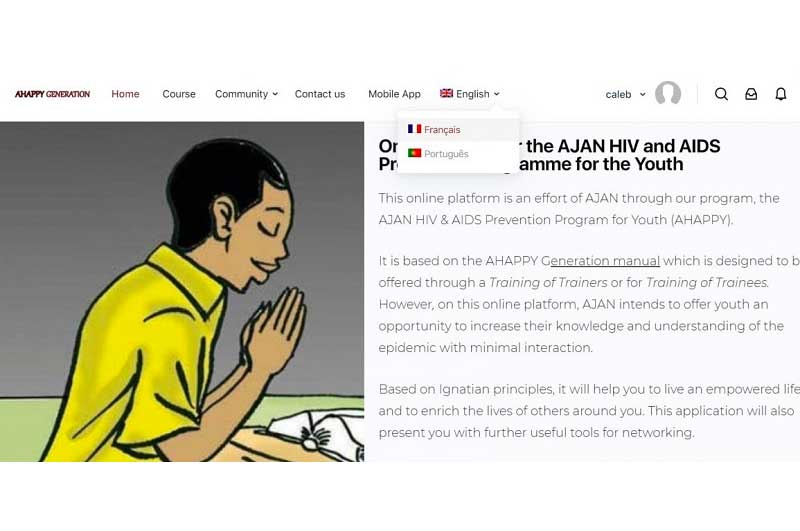
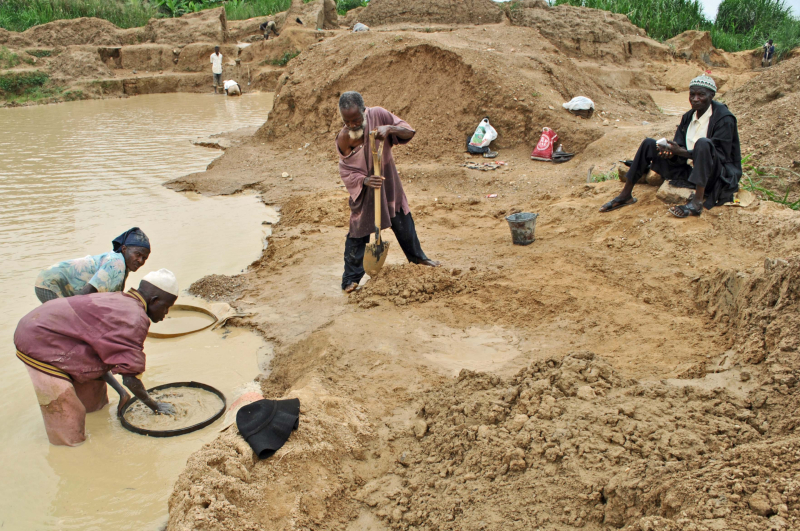
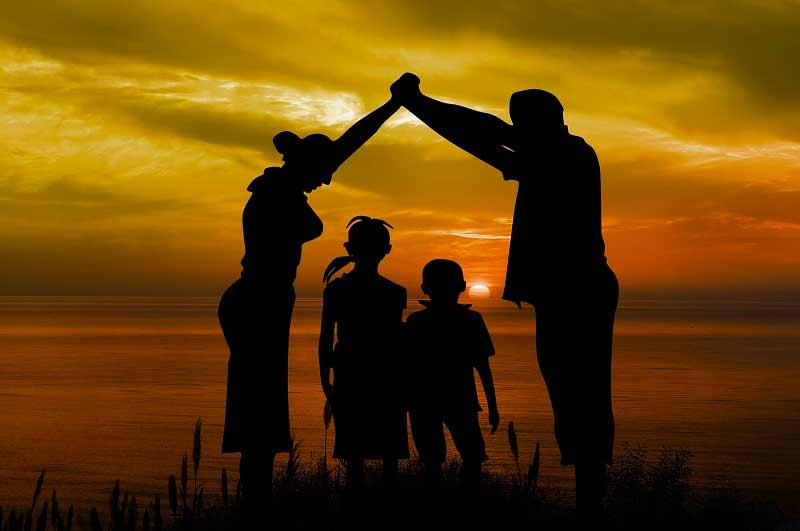

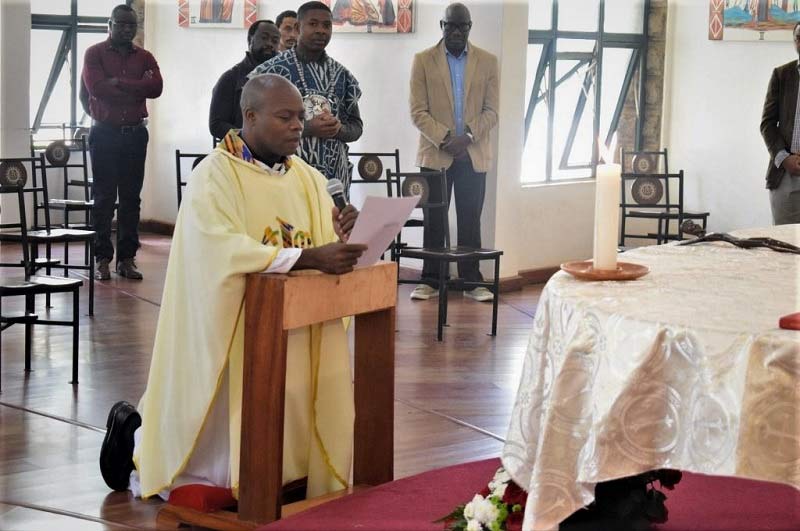
Select Payment Method
Pay by bank transfer
If you wish to make a donation by direct bank transfer please contact Fr Paul Hamill SJ treasurer@jesuits.africa. Fr Paul will get in touch with you about the best method of transfer for you and share account details with you. Donations can be one-off gifts or of any frequency; for example, you might wish to become a regular monthly donor of small amounts; that sort of reliable income can allow for very welcome forward planning in the development of the Society’s works in Africa and Madagascar.
Often it is easier to send a donation to an office within your own country and Fr Paul can advise on how that might be done. In some countries this kind of giving can also be recognised for tax relief and the necessary receipts will be issued.



